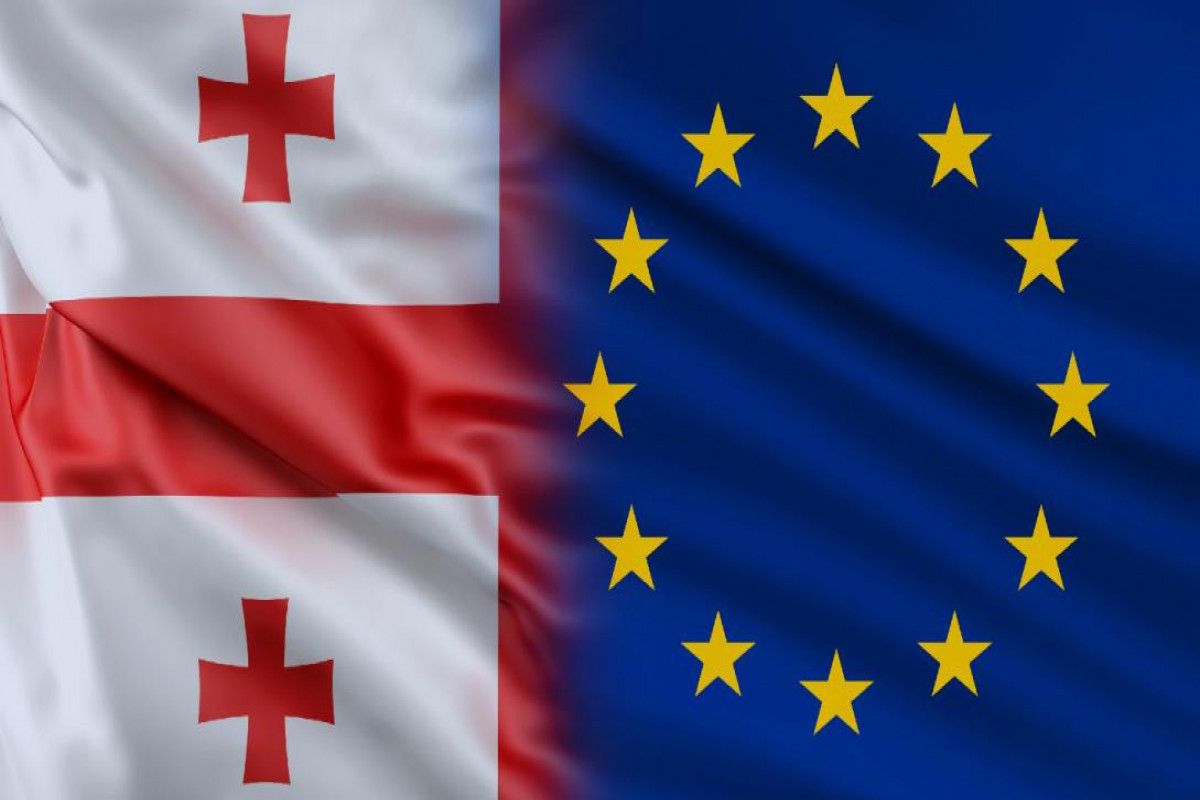The recent statements of the Georgian government, particularly the decision to suspend negotiations on joining the European Union until 2028, have sparked both internal and international resonance. The government is trying to explain this step by strategic considerations, but society and experts perceive it as a signal of weakening the European integration course.
Official Position of Georgia
The Minister of Foreign Affairs, Maia Bochorishvili, stated that the government is not abandoning the course towards European integration. According to her, the decision to suspend negotiations with the EU is aimed at avoiding “speculation” surrounding this issue. She emphasized that Tbilisi is ready to return to negotiations if it receives a “political signal” from the European side.
Prime Minister Irakli Kobakhidze emphasized that this decision was made to avoid political manipulation within the country. However, these explanations have sparked criticism among the opposition and civil activists.
Protests in Georgia
The government’s statement has triggered mass protests against the policies of the ruling party “Georgian Dream.” Demonstrations, which have been ongoing for several days, focus on demanding the continuation of European integration. Overnight on December 2, law enforcement dispersed protesters and detained several activists.
European Reaction
European partners have perceived this decision skeptically. Many European politicians see the suspension of negotiations as Georgia moving away from its Euro-Atlantic course. In contrast, the Georgian government insists that EU membership remains a strategic goal for the country but requires a review of approaches and agreements.
Potential Consequences
Suspending negotiations can have long-term consequences for both internal stability and Georgia’s international image. Deterioration of relations with the EU threatens to reduce investments and limit support from European countries. At the same time, further tension between the government and society could undermine political stability within the state.
Conclusions
The situation surrounding Georgia’s European integration is an indicator of the complex balance between domestic challenges and foreign policy goals. The country’s future course depends on how effectively the government can establish dialogue with citizens and partners. The active involvement of society and international support remain key factors that can influence the resumption of negotiations with the EU.


